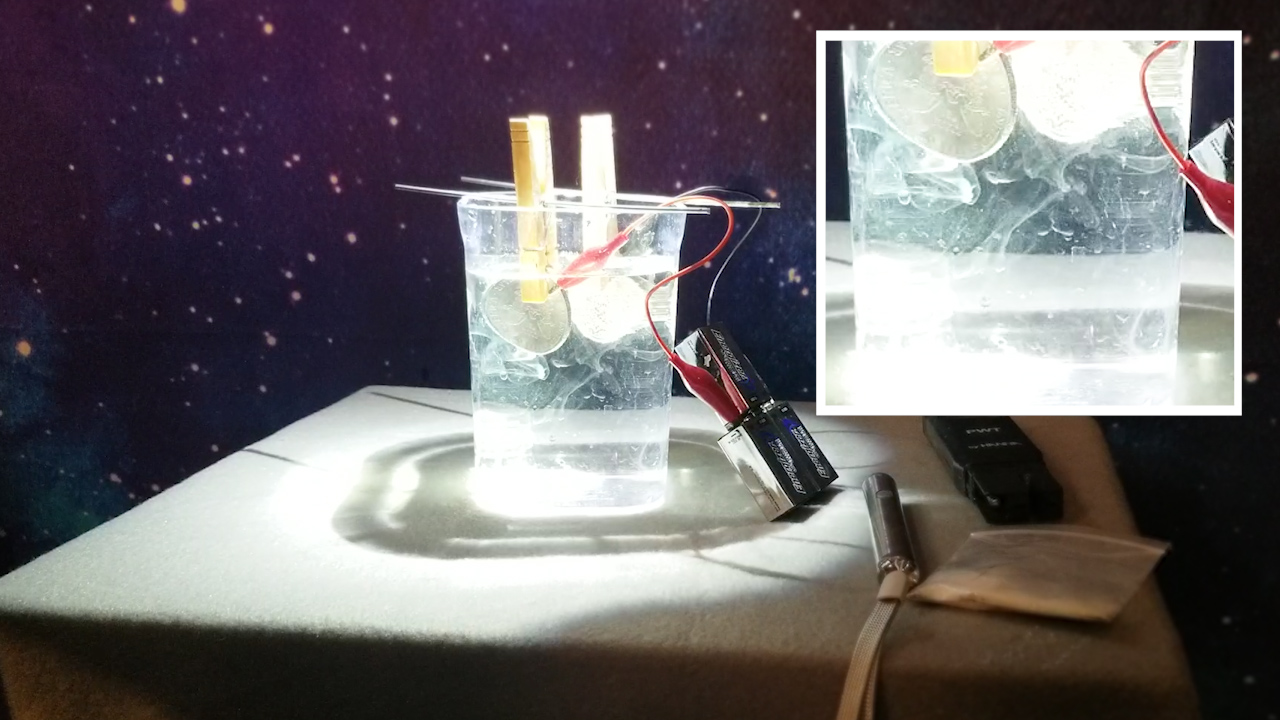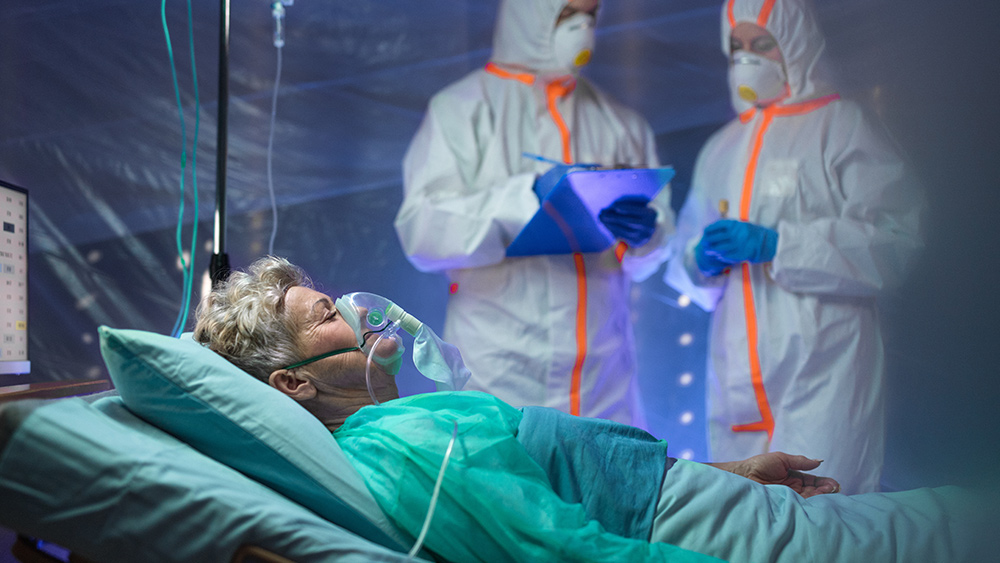Improve your shuteye with a shower: Research shows a bath before bed improves sleep quality
06/05/2020 / By Darnel Fernandez

Most adults need seven to eight hours of sleep per night. But many Americans get less than the recommended amount of sleep. The National Sleep Foundation’s inaugural Sleep Health Index reports that about 35 percent of American adults experience poor sleep quality. Meanwhile, about 20 percent of them say that they do not feel refreshed upon waking up.
Recent research, however, suggests that bathing can improve one’s sleep quality. A study published in Sleep Medicine Reviews found a link between bathing and showering with either warm or hot water and improved sleep quality. In particular, they noted that bathing one to two hours before bedtime with water about 104 to 109 degrees Fahrenheit is beneficial for sleep.
“When we looked through all known studies, we noticed significant disparities in terms of the approaches and findings,” said lead author Shahab Haghayegh. “The only way to make an accurate determination of whether sleep can, in fact, be improved was to combine all the past data and look at it through a new lens.”
Bathing sets the temperature for sleep
Researchers from the University of Texas at Austin, in collaboration with the UT Health Science Center at Houston and the University of Southern California, used systematic review protocols – a method used to search and analyze relevant data – to conduct their study.
They reviewed 5,322 studies that explore the effects of water-based passive body heating on various sleep-related conditions. These include sleep onset latency – the time it takes to go from full wakefulness to sleep; total sleep time; sleep efficiency – the time spent asleep compared to the time spent in bed; and subjective sleep quality. (Related: A good night’s sleep linked to better memory, especially the elderly.)
The researchers made use of meta-analytical tools to look into the consistency between the relevant studies. These tools revealed that there is an optimal temperature of between 104 and 109 degrees Fahrenheit could help individuals see improvements in their overall sleep quality. When scheduling the bath at least one to two hours before bedtime, it can also speed up the sleep onset latency by an average of 10 minutes.
Studies have already established the link between these water-based body heating methods and improved sleep. The researchers claim that both the body’s core temperature and sleep are being regulated by a circadian clock in the brain’s hypothalamus – the part that drives the 24-hour patterns of most biological processes like sleeping and wakefulness.
Body temperature, which is also known to be involved in the regulation with the sleep-wake cycle, finds a two to three degrees Fahrenheit increase in the late afternoon or early evening compared to during sleep when the body’s core temperature is at its lowest point. For an average person, their circadian temperature cycles can be characterized by a temperature reduction of 0.5 to 1 F about an hour before their usual bedtime. The temperature slowly drops overnight, reaching its lowest point in the middle and later parts of sleep. Afterward, the temperature slowly rises and acts as the body’s natural alarm clock wake-up signal. Maintaining these temperature cycles is key to achieving fast sleep onset latency and higher sleep efficiency.
The researchers discovered that the optimal bathing time to improve sleep is about 90 minutes before going to bed. Warm baths influence the body’s thermoregulatory system, allowing an increase of blood circulation and results in the efficient removal of body heat and reduction in body temperature. Taking baths during the correct biological time can assist the natural circadian temperature cycles and increase your chances of falling asleep quickly.
With these findings, the researchers are looking to develop a commercially viable bed that could make use of thermal stimulation technology to improve people’s sleep. Learn more about the beneficial effects of good sleep at MindBodyScience.news.
Sources include:
NHLBI.NIH.gov [PDF]
Tagged Under: bath, body heat, circadian rhythms, core body temperature, passive body heating, quality sleep, showers, sleep, sleep onset latency, temperature



















